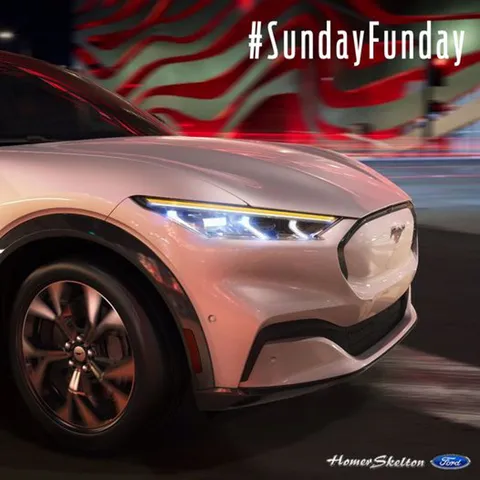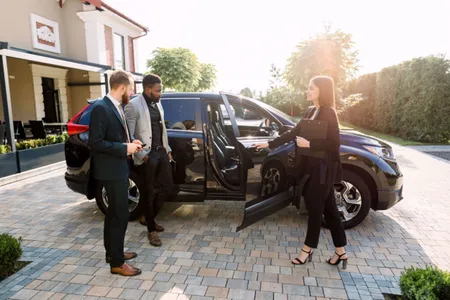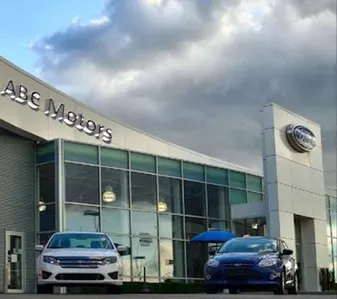One big decision a person needs to make when buying a vehicle is whether or not to trade in their current car. Your options are usually to trade the car in or to try to sell it privately.
To make the right decision, it’s important to understand the advantages and disadvantages of each option. The following is a breakdown that can help with the decision.
Advantages of Trading in a Car
- Convenience
If you decide to sell your car privately, you’ll have to put in quite a bit of time, effort, and even money to do it. Cars rarely sell quickly and will involve detailing, advertising, and showing the vehicle until the right buyer comes along who then has to come up with the money. In contrast, you can easily trade-in a vehicle. The dealership will simply make an offer and take it off your hands that same day.
- Money down
Another advantage of trading in your vehicle is that any positive equity you have can be applied to your new purchase as a downpayment. That means if your car is worth more than any loan you have on it, or if it’s paid off, you can use the trade-in value (minus any outstanding balance) to put towards your new vehicle. This can reduce or eliminate any out-of-pocket expenses.
- Rollover financing
This is one of the most appealing aspects of trading a vehicle in for anyone who still has an outstanding loan. A dealership will take a car in as a trade even if you owe money on it, and will contact the institution that holds the loan and pay it off for you. Even if you owe more on the car than it’s worth, the dealership can work with you to roll in any negative equity into your new auto loan, which is a huge help for anyone looking to get out of their existing vehicle and payment.
- No further commitment
If you sell your vehicle on your own, you may still be on the hook even after it’s sold. A buyer may come back if they have any problems with the vehicle and expect you to fix it or pay for it. Even worse, you might be liable for any issues depending on your state’s vehicle sale laws. However, when you trade a car in, the dealership assumes all of the risk and liability after that point. This means you no longer have to think about or worry about anything that could go wrong.
Disadvantages of Trading in a Car
- Potentially less money
In many cases, you’ll receive less for your used car when you trade it in than if you were to sell it yourself. This is on a dollar-for-dollar basis and doesn’t take into account how much time, money, and effort you’d need to put in to sell your car. A dealership is a business and exists to turn a profit, so the dealer needs to make sure they buy your vehicle at a price they can then make money on. They must also factor in any maintenance and repair costs, administrative costs, and the cost of owning the vehicle before it’s sold.
- The dealership may not want it
In some rare cases, your vehicle might be worth nothing to a dealership. This can happen if the vehicle is in really bad shape, or if it’s a style or model that a dealership doesn’t think they can find a buyer for. In most cases, even if the vehicle is in rough shape, the dealer will take it as a trade and send it to an auction. But a vehicle that a dealership basically accepts without any real value won’t fetch much trade-in value.
If you’re interested in exploring trading in your vehicle, please don’t hesitate to contact me.












